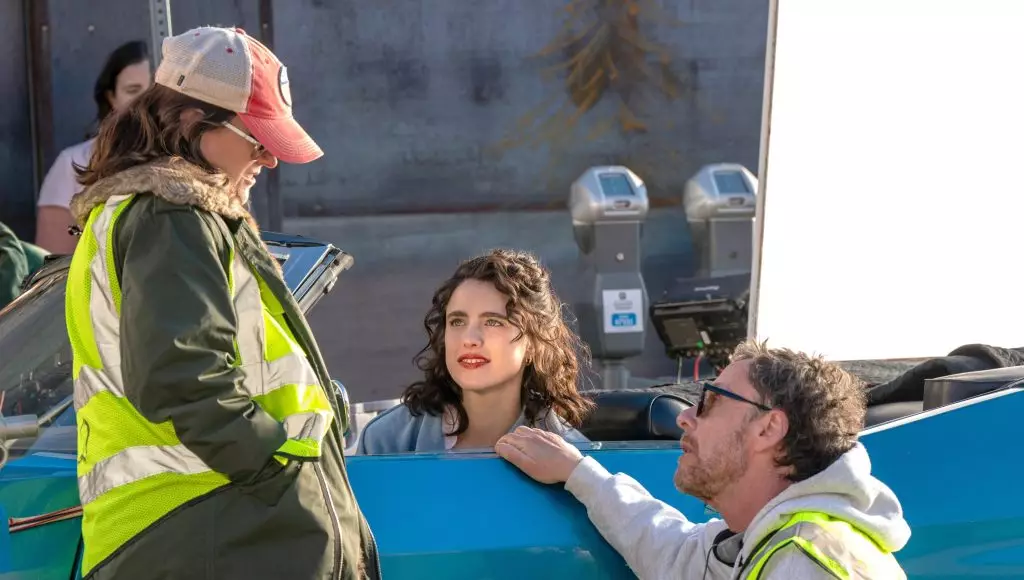The hiatus of the Coen Brothers from joint filmmaking for over seven years may seem perplexing to fans eager for their next masterpiece, but it reveals a deeper narrative about artistic exploration and personal growth. While their last shared project, *The Ballad of Buster Scruggs*, was an ambitious, multi-storied anthology, it also marked a contemplative boundary in their joint journey—a chapter that prompted reflection on their individual trajectories. Ethan and Joel Coen, renowned for their ability to craft intricate narratives filled with wit, dark humor, and moral complexity, have subtly indicated that creative necessity sometimes calls for solo ventures. Ethan’s near-retirement hints at a liminal space, a moment to evaluate what they’ve accomplished and where they want to go next.
Such breaks aren’t mere delays; they’re fertile ground for reinvention. In today’s filmmaking landscape, where the industry often favors consistency over experimentation, the Coens’ deliberate pause underscores a vital truth: true artistry requires patience, self-awareness, and the courage to diverge. Their time apart isn’t a sign of creative depletion but rather a strategic withdrawal to allow space for fresh ideas to germinate.
Individual pursuits enriching the duo’s shared universe
Ethan’s return to filmmaking was heavily influenced by his spouse and editor, Tricia Cooke, whose encouragement led him to direct the documentary *Jerry Lee Lewis: Trouble in Mind*. This project exemplifies how personal passion and collaboration can breathe new life into their creative endeavors. Meanwhile, Joel Coen continued to build his portfolio with acclaimed films like *The Tragedy of Macbeth*, demonstrating that their artistic spirits remain interconnected even when working separately.
The duo’s latest project, *Honey Don’t!*, exemplifies their inventive spirit. Reuniting with Margaret Qualley, Cooke and Ethan push boundaries by creating a lesbian detective story that challenges traditional gender norms, blending genre conventions with a provocative female lead. This project exemplifies their ongoing commitment to defying genre stereotypes—deliberately crafting stories that are both entertaining and socially insightful. Their focus on gender fluidity and genre redefinition indicates that they see filmmaking not just as storytelling but as a platform for cultural commentary.
The Future Is a Collaborative Canvas
Despite their recent independent efforts, the Coen Brothers’ partnership remains vibrant, with a new project on the horizon—a reunion to explore themes of friendship, perseverance, and life’s unpredictable flow. Their teasing about a ten-year reunion of a women’s crew team, infused with elements of horror, points toward their ongoing fascination with stories that grapple with human resilience amid chaos.
Furthermore, their approach to filmmaking, including testing movies and understanding audience dynamics, reflects a matured wisdom—one rooted in craftsmanship and storytelling mastery. Ethan’s reassurance that they will soon be together in the director’s chair again signals that this creative hiatus was never about an end but about recharging. Their journey exemplifies that great artists sometimes need space to innovate, and that such moments of pause can lead to richer, more meaningful collaborations once they reunite.
In a rapidly evolving industry, the Coen Brothers not only demonstrate resilience and adaptability but also reinforce that true artistic momentum is fueled by both individual exploration and shared vision. Their deliberate silence has been a powerful act of self-preservation—a testament to the enduring strength of their craft and an inspiring reminder that sometimes, the most profound stories are shaped in the pauses between the notes.
